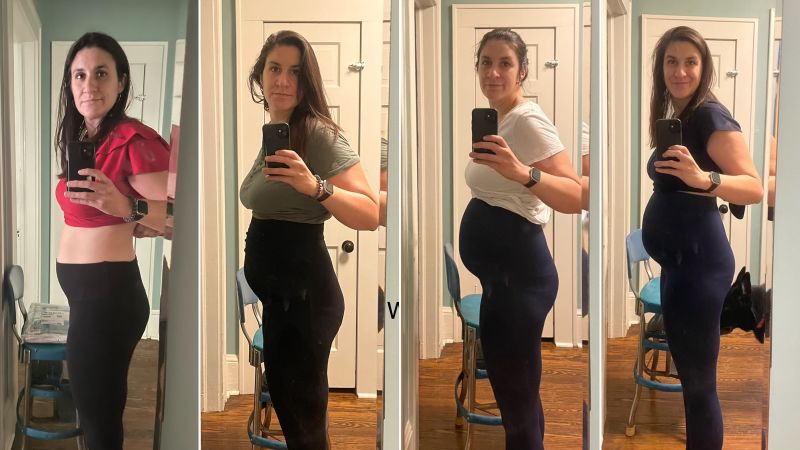Summary
Avery Davis Bell faced severe complications with a miscarriage in Georgia, where restrictive abortion laws delayed her necessary medical care.
At 18 weeks pregnant, she was forced to wait for life-saving treatment due to Georgia’s abortion restrictions, which prevent immediate intervention unless a medical emergency escalates.
Bell’s experience highlights the risks imposed by post-Dobbs state laws, with maternal deaths rising faster in states with strict abortion bans.
The law’s impact on Bell’s experience highlights the inhumane consequences of abortion restrictions, which can lead to unnecessary suffering and even death.



Let’s steelman the position and say 100% fetuses are complete people equal to any other person.
Then the issue becomes, does the government have the right to force you to use your body to support another person?
If I stab you in the kidney, and you’ll die without a kidney transplant, can the government forcibly remove my kidney and give it to you? Obviously not.
Exact same thing with abortion. The whole argument of wether or not a fetus is a person is irrelevant. Nobody can be forced to use their body to support another person.
Here’s the problem: they view a clump of cells as more of a human than they view a woman as a human 🙃
The problem is not the fact that fetuses are people or not, it’s Napoleon’s “some animals are more equal than others” from Animal Farm. They view the fetus as MORE important and deserving of more rights and care than the person carrying the fetus to term.
Yes, literally. I promise you, I have met a scary amount of conservatives who think women are only good for making babies and cleaning the house.